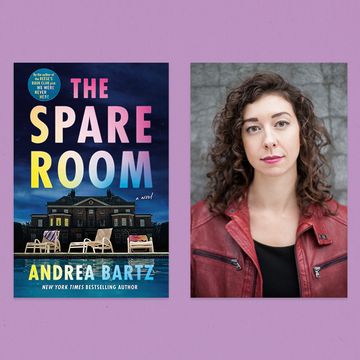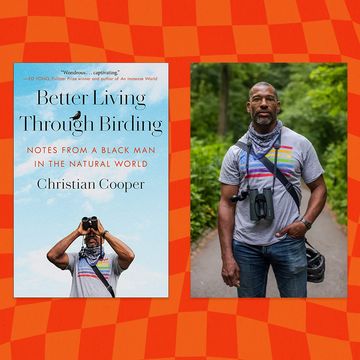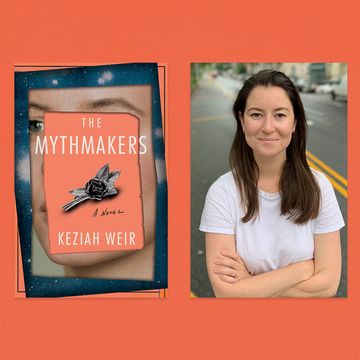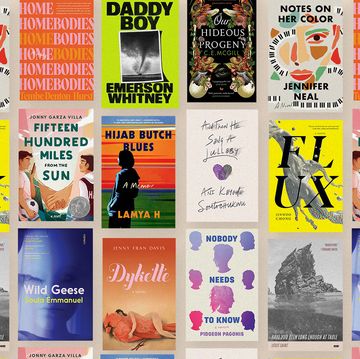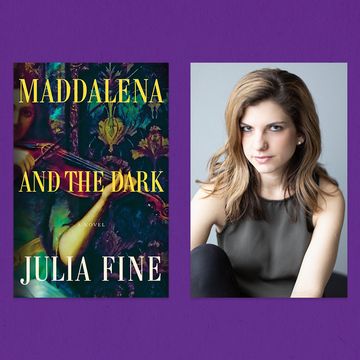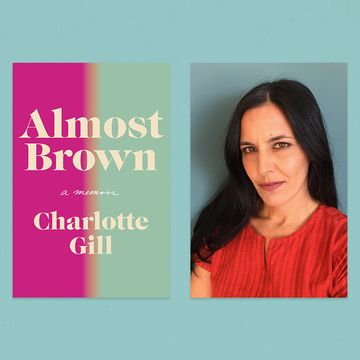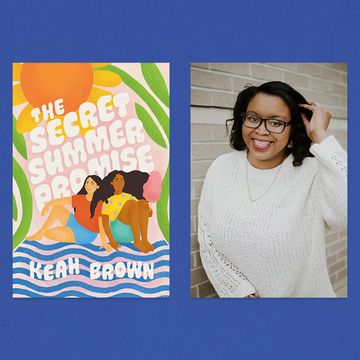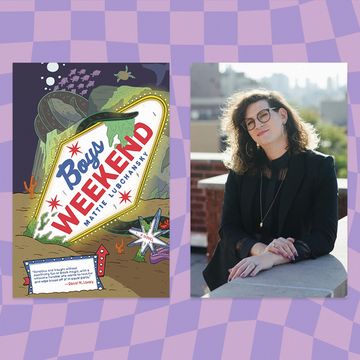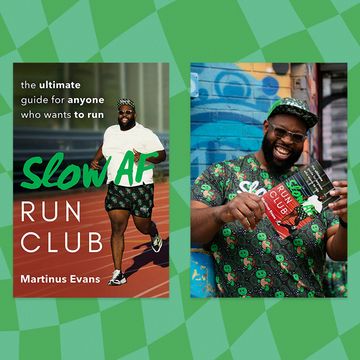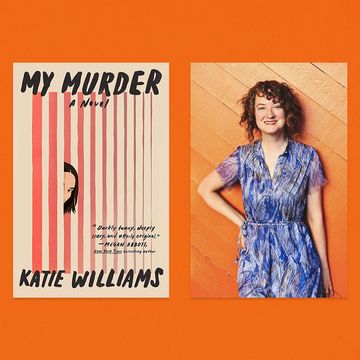Norman Erikson Pasaribu is an Indonesian poet whose work is both playful and intricate. Their first poetry book to be translated into English (by Tiffany Tsao, who also translated Happy Stories), Sergius Seeks Bacchus, won the pair a PEN Translates award. Pasaribu is also a translator and editor, and their writing highlights their intimate familiarity with language and how to mold it into art.
In Pasaribu’s new book of short stories, Happy Stories, Mostly, which was longlisted for the 2022 Booker Prize and had its U.S. release on June 6, their craft is on full display, making perfect use of brevity and detail to tell the stories of complicated characters all trying to find their own sense of happiness. In one story, a man who recently died joins the surprisingly politicized Department of Unanswered Prayers in the afterlife. In another, a pair of siblings in the future fail to connect after their father’s death. In a third, a grieving mother mourns the suicide of her gay son, whom she had rejected. The collection explores religion and faith, specifically Christianity in Indonesia; familial relationships; heartbreak; pop culture; and what it means to “queer a narrative.” The stories here are quick and enjoyable reads that also pack an emotional and intellectual punch.
Shondaland spoke with Pasaribu about queering constructed narratives, memory and the absence of it, colonial legacies, and Olivia Rodrigo.
SARAH NEILSON: To start off, can you talk about what you write about at the beginning of the book — the words “hampir” (meaning “almost”) and “vampir” (vampire) — and how that language and wordplay act as a thematic jumping-off point for the stories in this collection?
NORMAN ERIKSON PASARIBU: I have written poetry since I was very small. So, it’s usual for me to obsess on how things sound. When I was rereading this collection nonstop to find room [for] improvement, I realized that these stories talked about the liminal area where we queers had no idea if we were being accepted or completely rejected. And how fleeting our moments of joy are. And how close the word “hampir” was to “vampir.”
SN: What do the ideas of “almost,” “mostly,” and “happiness” mean for you as a writer and for the characters in these stories? What is happiness, and what does it mean to be almost or mostly happy?
NEP: In my Booker interview, I was asked, “What first inspired you to write Happy Stories, Mostly?” The time spent with my queer friends laughing over our miseries and crying over our achievements. The lives of our kindhearted but homophobic moms. Europe’s wooden hands [a reference to “wooden” ships] that altered the fabric of our lives. The hetero-patriarchal capitalisms that forced us to keep “bettering” ourselves just so people would tolerate our queer lives. And how our hard-earned happy days could be gone in a flash by a coworker casually outing us, by someone in the neighborhood who saw us with our lover at the mall, or by someone framing us into the monsters that we aren’t. Even without us realizing it, all this time we’ve been standing on this edge of the ravine that I called the Hampir, the Almost, and it would only require a gentle tap to make us fall. Whereas “In a country where queerphobia has zero consequences, how could a queer person build a livable life?”
SN: In what ways do these stories center queer paradigms that subvert hetero paradigms, and how do you approach queering the world in your fiction?
NEP: My approach to fiction is always speculative, as everything from world history to gender theory is socially constructed. Years ago, there were really old men — possibly white — who decided something for you: whether the gender is binary or if the people from Tapanuli were all cannibals. Queering the world of fiction started by saying no to these constructions. If your colonizers said that your ancestors ate people, disbelieve them. If a priest said that God hated the queer, disbelieve him. And the idea of speculative fiction allows you to re-create, reframe, reconstruct the world.
SN: How do you approach exploring the very nuanced relationships these characters have with faith and religion?
NEP: I am not religious, but the characters I wrote about might have been. Indonesia is also a country that is so serious in their religious worship. Which means to write about Indonesia is to swim into this pool of faith, even if you dislike being wet.
SN: Can you talk about the ways that the stories engage with the ongoing legacies — overt and insidious — of colonialism in Indonesia?
NEP: I have an anecdote about this. When I was small, my mom said that Toba Batak people didn’t have the word for “thank you,” and it was the German missionaries who gave it: “Mauliate,” “mauliate godang.” When I was older, I found out that this tale was wrong. Colonialism changed your life in ways that were much subtler than you realized.
SN: In what ways is this a book about memory? What is the importance of memory and its slipperiness and nuances for you as a writer and for the characters in this book?
NEP: This book is about memory and the absence of it. There is a quote from Colm Tóibín’s Love in a Dark Time: “As gay people, on the other hand, we grow up alone; there is no history. There are no ballads about the wrongs of the gay past; the gay martyrs are mostly forgotten.” It is as though, in Adrienne Rich’s phrase, if you were gay, “You looked into the mirror and saw nothing.” I think of this quote from time to time. It made me sad to admit that the mirror showed me nothing, not only when I faced the mirror as a queer, but also as a Toba Batak person, as nonbinary, as a working-class person. In the complex layers of my identities, there’s a faceless darkness I can’t speak to. To have a little glimpse of pre-colonial Toba Batak culture, I need to read books written by white anthropologists. People sell our things at online auctions, and they are sold in a sum I can’t afford. People call it “artifacts,” even though we’re still here. This book is my attempt to resist those absences.
SN: Related to memory, can you talk about the ways the stories explore time — the past, the future, the idea of history, and whose histories are told, written, and centered? How were you thinking about time as you were writing?
NEP: That time is linear. You can’t change what happened. If your colonizers burned your villages and murdered thousands of your ancestors and looted everything, even the best historical fiction can’t bring those houses and people and stuff back. However, time is also never linear when you count the repetitions of events happening inside your head. When you put your own feelings to the table. However, when we think of all these in a more postcolonial context, considering how history is being written, what to remember? What to feel? Even to have a baby step is to suspect your first baby step.
SN: Can you talk about the importance of humor and absurdity and the function of those things in these stories?
NEP: Humor, because of its format and formula, desanctifies things. It puts images that people see as sacred in a less serious manner. It gives you power and room to criticize.
SN: Music, food, and other forms of pop culture and art are important in this collection. Where are you finding creative inspiration, nourishment, or joy right now?
NEP: At the moment, I find joy in listening to Olivia Rodrigo’s Sour on repeat. It’s such a special album. I am also reading Dorothy Tse’s Owlish, which Natascha Bruce translated from the Chinese. It’s such a fun and strange novel. I will read anything Natascha translated.
This interview has been edited for length and clarity.
Sarah Neilson is a freelance culture writer and interviewer whose work regularly appears in The Seattle Times, Them, and Shondaland, among other outlets. They are an alum of the Tin House craft intensive, and their memoir writing has been published in Catapult and Ligeia.
Get Shondaland directly in your inbox: SUBSCRIBE TODAY





